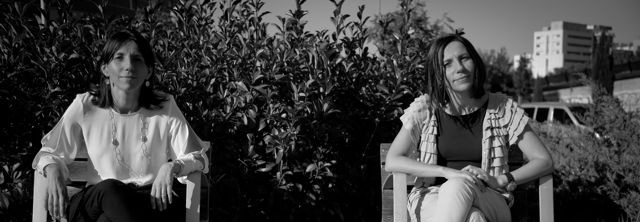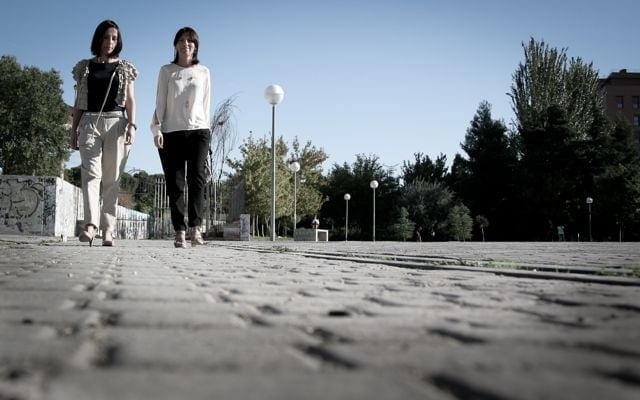
Many newly-created companies – at a global level – have some of the following aspects in common:
- They are born out of a personal experience
- They provide solutions to everyday problems (whether for minority groups or not)
- They fall within the parameters of social conscience. One might even speak in terms of collaborative consumption (P2P).
It was as such, from a two-week sprain and the subsequent quest to track down the most comfortable route to work, avoiding all stairs, barriers and construction work, that Accitymaps app was born. This App for Smartphones aims to be a “Google Maps”, that’s to say, a route planner, for people with disabilities or reduced mobility, or even for parents pushing prams. It searches for routes that facilitate the mobility and accessibility of these individuals, taking into account their point of departure , destination, disability and form of transport.
This project was a finalist in the Premios Pasión>ie Awards, was selected as one of the 12 Startup4cities projects, was one of the nine winning projects in Madrid Smart Lab, and received recognition from disability associations and foundations such as the ONCE, who recognise the importance of ICT as a support tool.
Today we interview Concha Chapa, Co-Founder and COO of Accitymaps. Road, Canal and Port Engineering Graduate from the Polytechnic University of Madrid; Master’s Degree in Urban Planning; Master’s Degree in Accessibility and the Elimination of Architectural Barriers, and Master’s Degree in Urban Mobility. Her professional experience began with Accenture strategic consultants, but the majority of her career has been spent at Public Authority bodies, to be exact, at the Madrid Town Council Urban Planning Management and, subsequently, at the Madrid Region Transport Consortium.
- Concha, do you remember how you felt trying to go down the escalators to get onto the metro with your sprain… with crutches, handbag, laptop and so on?
Of course! Although that happened a few years ago now, more recently I have encountered similar problems whilst trying to catch the metro whilst pregnant. I am now a happy mother to two babies however I am still a person with reduced mobility, who uses public transport on a daily basis.
- What, for you, was the most frustrating moment? The moment at which you said “That’s it, I’ve had enough! I’m going to find the best route.”?
Without doubt, one time when I was travelling with one of my children in the pram and although I had planned an accessible route before leaving the house, when I got to the metro station where we were getting off, we found that the lift from the platform to street level was out of order.
- There are times you have good ideas but you let them slip away. What was it that gave you the impetus to say “I am going to turn my idea into a company”?
We found out about the opportunity through the press, at a time when entrepreneurial aid in Spain did not offer as many opportunities as you might find now. GlobalCaja Foundation was organising its second “ideas competition” for people from Castilla-La Mancha. If your idea was selected, they had a range of ways to help you make it become a reality.
What encouraged us was the fact that the previous competition was won by three women, who had a similar profile to ours, with a highly original urban planning project. They inspired us to enter our idea and… we were lucky enough for the GlobalCaja Foundation to recognise the need to find a solution to mobile accessibility problems in towns and cities, and they picked our idea out of 200 entries.
- What were the first steps you took to create the business?
Creating a business plan and looking at the project’s viability, whilst also looking into future sources of funding and building up a team of trustworthy professionals.
- Now that the App has been launched, what is the thing that makes you feel most proud?
Knowing that you are making people’s lives easier and when they tell you this. We love it when people say, in reference to the services the App provides, “this just needed to exist…”
- I’m sure you always get asked this, but what advice would you give to would-be entrepreneurs?
Yes, it’s true, we get asked that a lot! I would tell them that we entrepreneurs need professional help for our projects to be solid and secure, and that we don’t all have the right profile to get a business underway, and that’s why we need to trust in other people.
The important thing is to be able to sniff out the best people for the project, and work with a motivation strategy to bring your collaborators in line with your objectives and thereby create an environment of trust and hope, something essential to achieving success in what is a long-distance race which cannot be run alone.






There are no comments yet